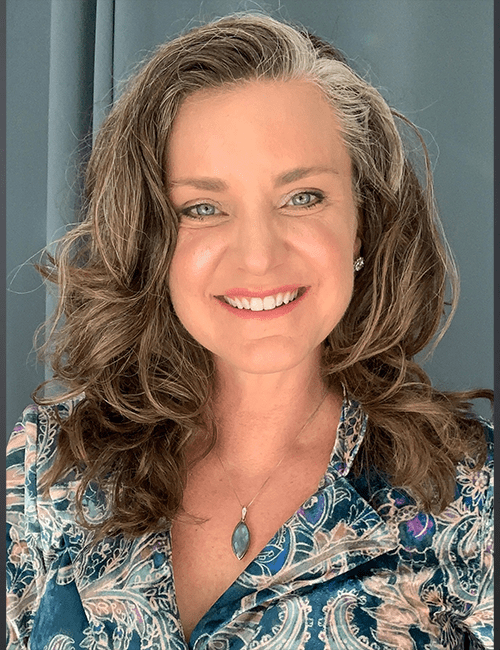OPINION: Improving our education system means investing in ‘the first 1,000 days’
Published 10:37 am Thursday, May 8, 2025

- Chelsea King
Public education is the foundation of a healthy democracy. Our skills in literacy, critical and evaluative thinking, and social-emotional awareness shape our communities, workplaces, economies and overall well-being. Public education institutions are where we collectively invest in the development of these skills for our current and future well-being. Few would dispute this.
It is also well understood that the first 1,000 days of life is the most crucial time in human development. A staggering 85% of the brain’s neural pathways will be developed from conception to age 2. The quality of early relational health (the attachment between the infant and their primary caregiver) shapes the long-term trajectory of one’s life. To complicate things, this precious time is often the most challenging for many parents of infants and toddlers. A family’s likelihood of struggling economically increases during this time period, as one or both parents take leave from the workforce, or incur very high child care costs, just as expenses are increasing (diapers, equipment, doctor’s appointments, etc).
What does the K-12 public education system and the precious and often quite private first 1,000 days of life have in common with one another? Why do we need to recognize pregnancy, infancy and toddlerhood in any meaningful conversation about K-12 educational outcomes?
Trending
Because without consistent and intentional investment in the formative developmental first 1,000 days, from conception to age 2, we will not realize an improvement in educational outcomes in our K-12 system.
I am a staunch supporter of Oregon public schools. They educated me, all three of my children, my sibling’s children, and continue to educate half a million children every year across our state. I served on the West Linn-Wilsonville school board (2015-2023). I have dedicated 16 years to intensive volunteering, from PTA to high school robotics. I recognize the tremendous ask we put on our public schools to do more with less. We ask them to address the most pressing matters of our time even as these issues grow in complexity and we face more uncertainty. And we ask them to do this with incredible scrutiny and transparency.
This is exactly why we need to shift our perspective. We need to think more holistically and interdependently.
It is time for our K-12 partners, including our school boards, administrators, educators and legislators, to coordinate investments in the first 1,000 days in order to shift outcomes in metrics like kindergarten readiness, third grade reading scores, and ninth grade on track to graduate; all key measurements we know indicate the trajectory of the individual student. We can no longer expect families in their most vulnerable and formative stages to navigate fragmented programs and rely on informal supports (i.e. trying to find child care over Facebook) in order to survive this demanding time. And we can no longer expect our public schools to come in at age 5 and shift a trajectory that is already well underway. We must bridge the first 1,000 days with the K-12 system.
So what is a solution?
As the founding executive director of the Oregon Health and Education Collaborative (The Collaborative), I operate our statewide Upstream Initiative. This initiative is focused on coordinating local models, embedded in communities, to support families living in the first 1,000 days time period. Our efforts resulted in the research informed Child Success Act (Senate Bill 1167). This legislation, if passed, will resource seven regions across Oregon to implement their local plan to support these families. Learn more about this at www.OregonCollaborative.org.
Trending
This bill is designed to support the beginnings of a statewide investment strategy for the first 1,000 days of life, but our longterm strategy must include more partnership and intentionality within our K-12 infrastructure, including both policy and budget. Our Upstream Initiative identified five strategies and five core values that, if implemented, would fundamentally shift how our communities invest in and interact with the first 1,000 days of life. Our schools are well positioned to lean into practices like formalizing partnerships with health care providers and a destigmatization of needing support during this critical time period. Sharing some of the K-12 budget (over $10 billion in this biennium) and shifting resources toward investment into the first 1,000 days has the proven potential to improve educational outcomes and decrease the need to invest so much on downstream consequences.
Chelsea King is a longtime resident and active volunteer in Wilsonville and the founding executive director of the statewide nonprofit the Oregon Health and Education Collaborative.







